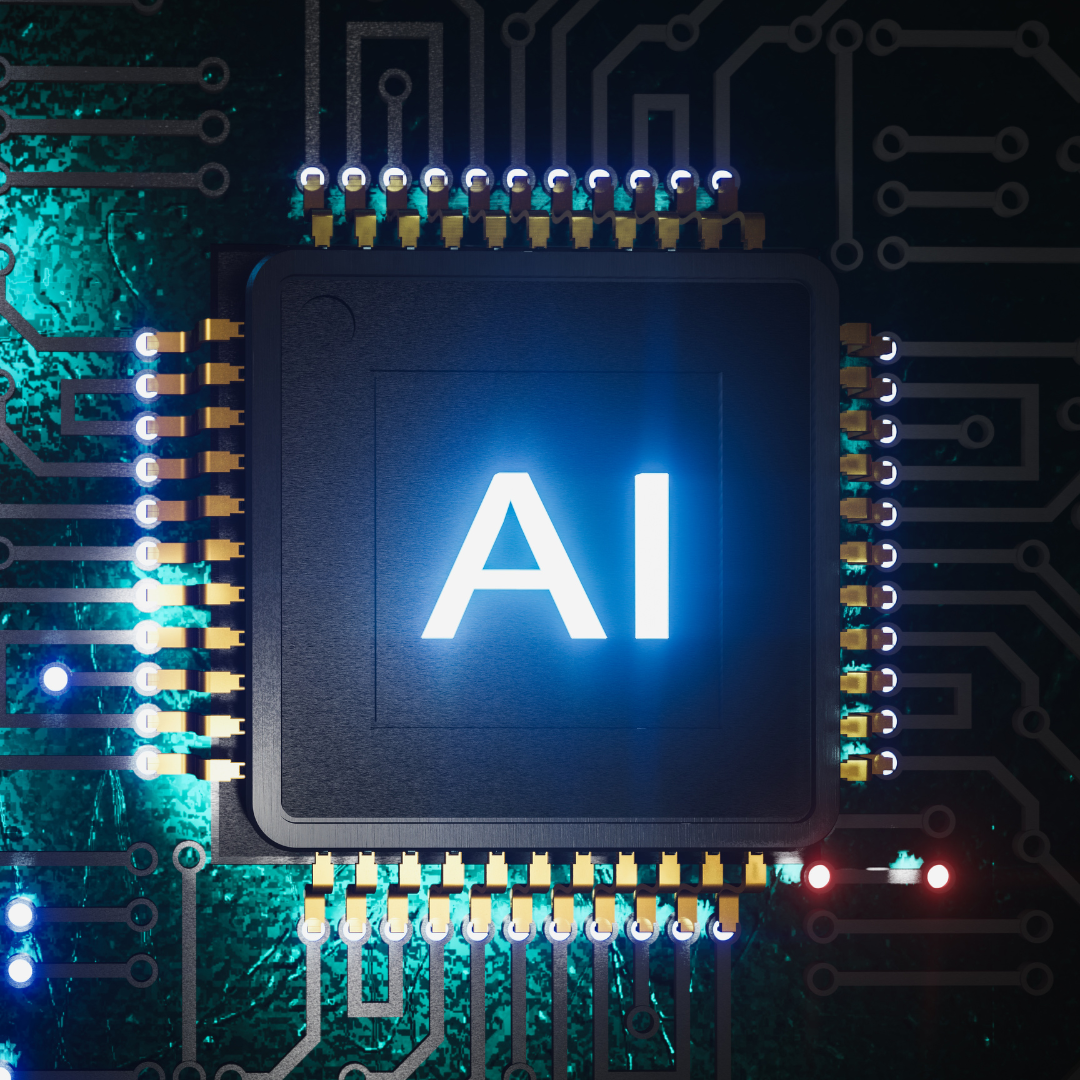
The Impact of AI on Digital Marketing: A Game-Changer for 2024
In today’s fast-paced digital world, staying ahead of the competition requires innovation and adaptability. Artificial Intelligence (AI) is one of the most transformative technologies reshaping industries, and digital marketing is no exception. As we continue into 2024, AI is not just a buzzword – it’s a driving force revolutionising how businesses connect with consumers, optimise campaigns, and grow their online presence.
How AI is Revolutionising Digital Marketing
- Personalised User Experiences AI enables businesses to deliver hyper-personalised experiences to users. Through AI-powered tools, marketers can analyse consumer behavior, purchase history and preferences to provide tailored content. Personalisation extends to email marketing, targeted ads and even website experiences, making customers feel understood and valued.
Example: AI-driven recommendation engines, like those used by Amazon and Netflix, provide personalised suggestions, increasing engagement and conversion rates.
- Chatbots and AI-Powered Customer Service The rise of AI chatbots has transformed customer service. Available 24/7, these intelligent systems can handle enquiries, resolve issues and guide customers through their buyer journey. Chatbots enhance user satisfaction while freeing up human resources to focus on more complex tasks.
Example: Many e-commerce platforms now use AI chatbots to assist customers with product recommendations, order tracking and post-purchase support.
- Predictive Analytics for Smarter Decision-Making AI’s ability to process massive amounts of data allows marketers to make data-driven decisions with greater accuracy. Predictive analytics tools forecast trends, consumer behaviors, and campaign success rates, helping companies refine their strategies.
Example: Predictive analytics tools can determine the best times to send emails or post on social media, maximising visibility and engagement.
Challenges to Consider
While AI offers numerous benefits, it’s essential to acknowledge potential challenges:
- Data Privacy: As AI relies on vast amounts of consumer data, ensuring data privacy and compliance with regulations like GDPR is critical.
- Human Touch: Over-reliance on AI can lead to impersonal interactions. Striking a balance between automation and human involvement is key to maintaining genuine connections with customers.









